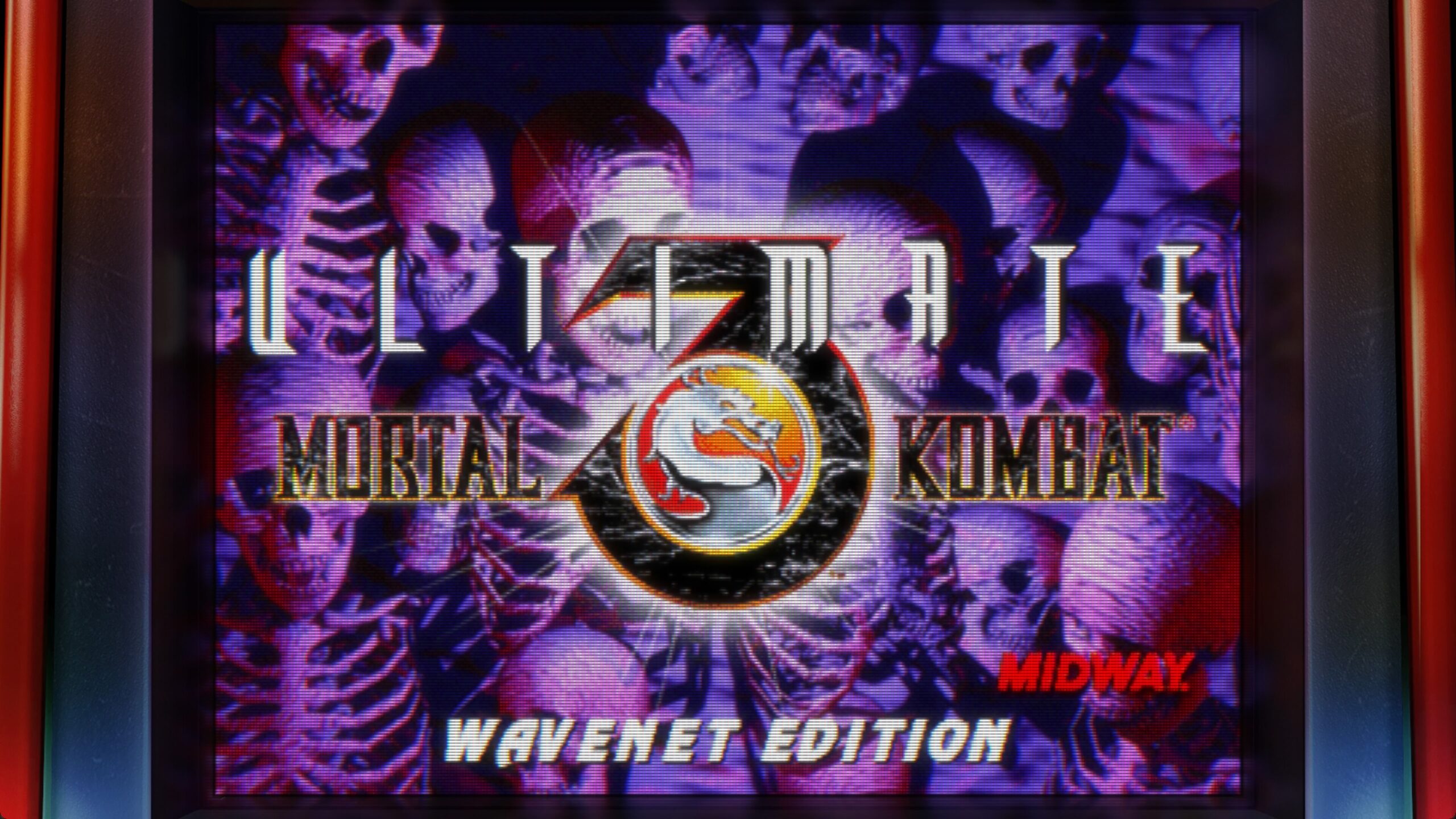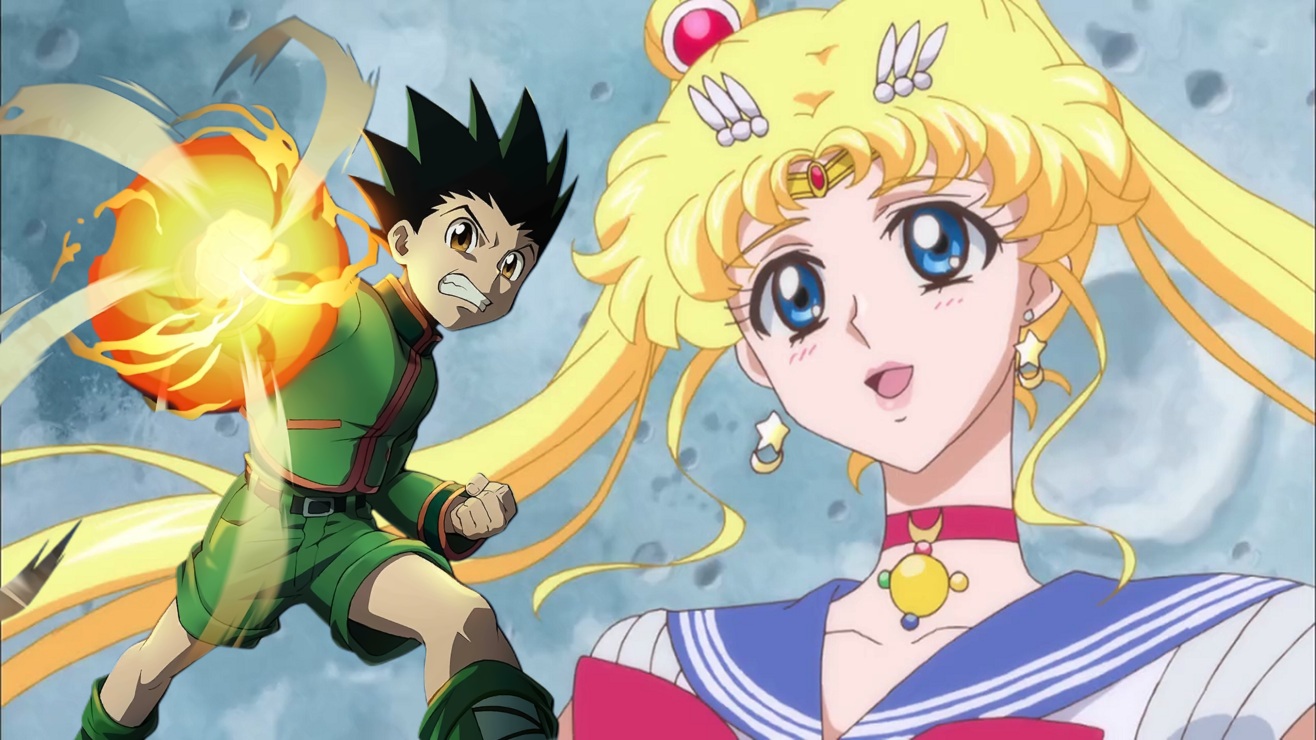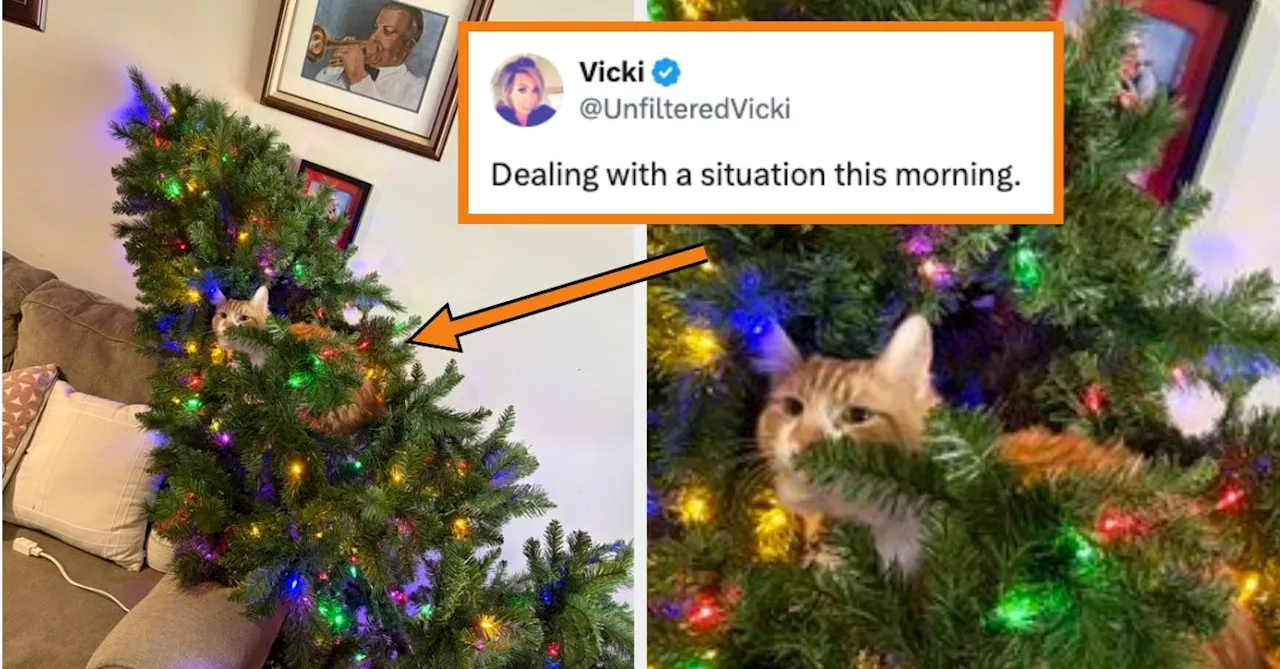The recently launched Mortal Kombat: Legacy Kollection has successfully revived the long-lost WaveNet Edition of Ultimate Mortal Kombat 3, a version that had been buried in gaming history since its testing phase in the 1990s. This edition, which included features such as online competitive multiplayer, was never officially released due to high operational costs associated with the required network infrastructure.
In the mid-1990s, Midway, the developer behind the Mortal Kombat franchise, tested various versions of their games in select locations, including Chicago and San Francisco. Although Ultimate Mortal Kombat 3 was already a hit, the planned WaveNet Edition was shelved because arcade operators found the costs of maintaining dedicated T1 lines prohibitive. None of the ROMs for this edition were made public, leaving it classified as “lost media” until now.
Stephen Frost, head of production at Digital Eclipse, shared insights about this remarkable discovery during a recent interview. Initially, the team was unaware of the potential to recover the WaveNet Edition. “We didn’t think that WaveNet was going to be even remotely possible,” Frost explained. The project began with low expectations regarding the preservation of content from games that are now decades old.
The turning point came when Stephanie Brownback, a quality assurance lead at NetherRealm Studios, suggested that the Digital Eclipse team explore the possibility of reviving the WaveNet version. This led the developers to Mike Boon, brother of Mortal Kombat co-creator Ed Boon, who had access to old hardware containing the ROMs for the WaveNet Edition.
Digital Eclipse enlisted the help of emulation programmer Daniel Filner, who examined the ROMs. Filner noted that he received approximately 25 or 26 files, which included various components of the game. His task involved verifying the files against existing databases to ensure compatibility with the emulator. Fortunately, he found that the audio and video files matched known versions, allowing him to focus on the unique main program of the WaveNet Edition.
The challenge was not only to get the game running but also to understand how the WaveNet network operated. Filner discovered that, in the absence of an internet connection, the game would simply operate similarly to the standard edition of Ultimate Mortal Kombat 3. “When it boots up, it says, OK, I’m going to try talking to WaveNet, and then it checks itself for a little while,” he explained. If it fails to connect, the game proceeds without the network’s input.
While the WaveNet Edition is now playable, both Frost and Filner caution that it is not a polished version. It includes bugs and gameplay differences that have yet to be fully documented, as no source code exists for comprehensive examination. “Playing it, we notice differences, but it’ll be very interesting when this goes out in the wild for people to start collating the differences,” Frost said.
This revival of the WaveNet Edition is not just a nostalgic trip for fans; it serves as a reminder of the challenges in preserving video game history. The release of Mortal Kombat: Legacy Kollection offers gamers a rare opportunity to engage with a piece of lost media that reflects the evolution of one of the most iconic franchises in gaming history. The community now faces the exciting task of uncovering the secrets hidden within this edition, comparing notes, and determining what unique features and adjustments were made.
As the gaming community begins to explore the WaveNet Edition, the possibilities for discovering more about this obscure chapter of Mortal Kombat history seem endless. The collaboration between developers and dedicated fans will play a crucial role in unlocking the full potential of this long-lost gem.







